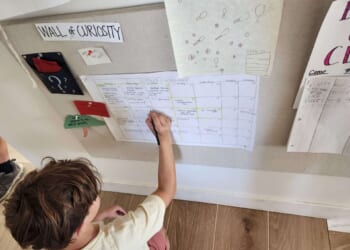★★★★★
Some artists stop at nothing to get attention. Others shy away from it like birds of an endangered species. No prizes for guessing which category Martha Argerich belongs to. The Buenos Aires-born pianist has never given a sit-down interview in her life, never posed for cover shots, never taken a political stance. Despite these modest precautions, she became the world’s most sought-after keyboard artist. At 83, after bouts of ill-health, each recital she now gives seems like a miracle.
The present box-set, combining former EMI, Teldec and Erato releases and her festival events at Lugano, is but a partial record of her performing life. Missing are partnerships with Claudio Abbado, Daniel Barenboim, Seiji Ozawa and Gidon Kremer which appeared on a 48-CD compilation that Deutsche Grammophon issued for her 80th birthday. By the time you have run through the present 46 CDs, I suspect you may still be left wanting more.
Her earliest recordings came soon after winning the Chopin Competition in Warsaw in 1965. She was the first and (to date) only South American to triumph at the Chopin citadel and no winner since has endowed the event with greater lustre. Her early Mazurkas and Polonaises exhibit more freedom than Arthur Rubinstein at his most relaxed. Her Bartok sonata has the venom of a trapped rattlesnake.
She seems to come at each composer from an angle no-one considered before
There is no singular Martha style. She seems to come at each composer from an angle no-one considered before. A Mozart or Beethoven concerto is a battle with the elements. Messiaen’s Vision de l’Amen, played four-hand with Alexandre Rabinovich, is more profane than religious.
In every instance, the touch is unmistakably Martha, uncompromisingly so. She recorded the Chopin concertos in Montreal with ex-husband Charles Dutoit, leaving him drumming his heels as she finds unsuspected gems in a phrase. No-one should dare to play Rachmaninov without first listening to Argerich. She has a feel for Russian rhythms that sits halfway between the borscht and the samovar.
But then you hear her play hispanic works and you’d think she’s got castanets in her socks. Of all the treasures in this box, I was blown off my seat by Argerich playing Piazzolla’s Libertango, written no distance from where she was born and as life-affirming as mother’s milk. How on earth does she do that? When can I hear it again?
Stop reading. Get listening.







